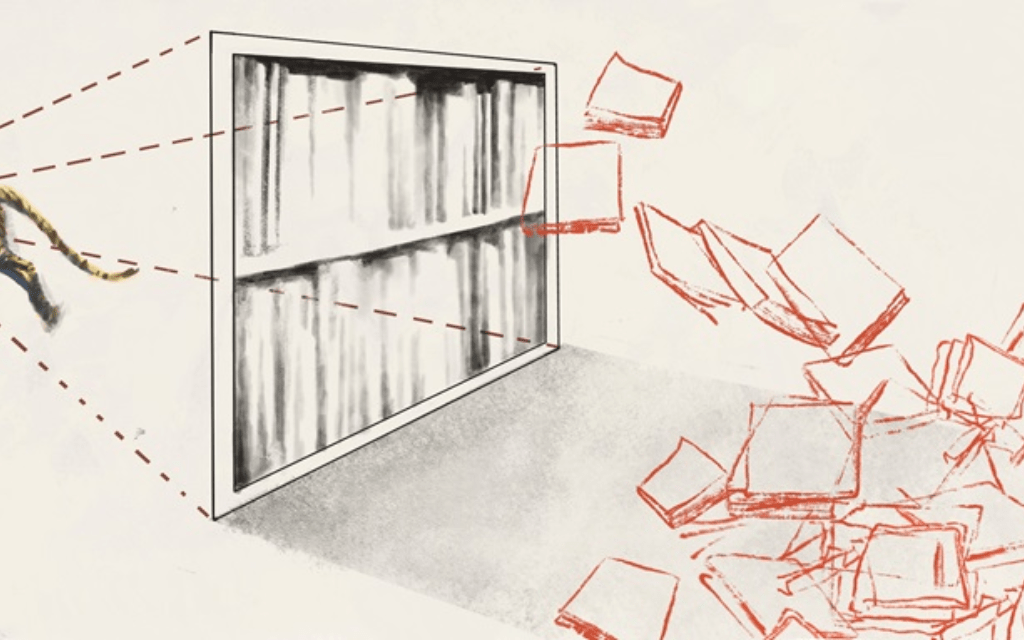In this article Bumi Manusia Laut Bercerita Namaku Alam Ronggeng Dukuh Paruk Ahmad Tohari Leila S. Chudori Pramoedya Ananta Toer Rendra, W. S.
By Devita Mayna Nurpratiwi, Ghina Nafsiya, originally published in Bandung Bergerak
Nov 04, 2025
Read the full article here.
By Devita Mayna Nurpratiwi, Ghina Nafsiya, originally published in Bandung Bergerak
Nov 04, 2025
History reflects a nation’s identity, but it is often fractured and reshaped by the “victors” of each era, presenting a distorted portrayal and resulting in a biased version of events that emphasizes the image of nationalism. In Indonesia, the school curriculum filters historical narratives through a lens of nationalism, glorifying independence or ancient empires while sidelining marginalized voices. In contrast, literature offers a multidimensional alternative that captures the emotions and struggles missing from textbooks. For instance, in her novel Namaku Alam (2024), Leila S. Chudori highlights that history is usually written from the perspective of the governing elite, ignoring the stories of marginalized groups such as the missing activists from the 1998 Reformation and their abandoned families. This selective storytelling results in a narrow understanding of the past for younger generations.
Read the full article here.

Bawana Helga Firmansyah / BandungBergerak.id
